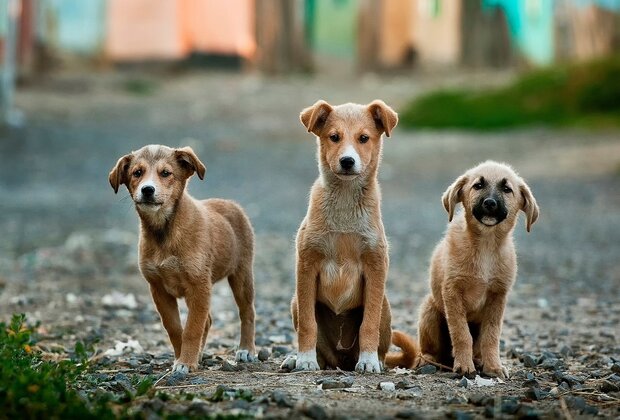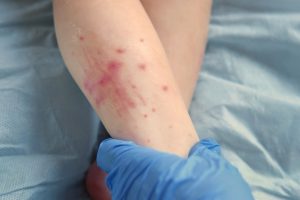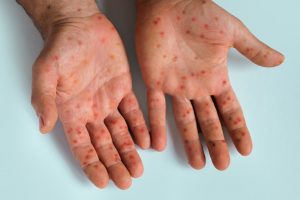On the 24th August 2021, The Western Cape Department of Agriculture Veterinary Services reported two confirmed cases of rabies in dogs from Khayelitsha, click here. Investigations are underway to trace the source of the outbreak. Possible human exposures are under investigation.
Rabies is controllable and preventable. The disease is effectively controlled in domestic dogs through rabies vaccination. The public is urged to ensure that their dogs are fully vaccinated against rabies. Dogs that are not fully vaccinated for rabies are susceptible to infection. Campaigns in response to the above-mentioned cases are ongoing in the affected area. If any animal is suspected to be rabid (including animals presenting with unusual behavior, hyper-salivation, signs of paralysis), contact your local or state veterinarian in order for the animal to be investigated (click here for contact details). Do not approach or attempt to handle animals that are not known to you.
When possible exposures in humans do occur (for example through bites or scratches inflicted by a suspected rabid animal), all wounds must be washed thoroughly with soap and water. It is then crucial that rabies post-exposure prophylaxis is sought immediately at a healthcare facility. Rabies post-exposure prophylaxis is considered a live-saving emergency intervention following possible rabies virus exposures. Rabies post-exposure prophylaxis entails thorough cleaning of the wound site/s followed by rabies vaccination and rabies immunoglobulin therapy. More details on rabies post-exposure prophylaxis are available here.
Rabies is a fatal infection, which has been an endemic disease in South Africa for many years. It is reported in various parts of the country involving different animal species. Known, ongoing cycles of rabies exist in domestic dogs, black-backed jackal, mongoose species and bat-eared fox in certain locations of the country. Spill-over to other wildlife and domestic species do occur, sometimes in locations where the disease is not often reported. The number of cases of rabies in dogs fluctuate, mostly due to the level of vaccination of the dogs in a given area. Human rabies cases are most often associated with exposures to rabid domestic dogs.
For more information on rabies, click here.





